Interview: Nik Turner of Hawkwind
Interview: Nik Turner of Hawkwind
Aging Former Hawkwind Member Reflects on Life and Career
LeValley: This is Jason LeValley from Psychedelic Scene, and I’m here today with Nik Turner, former member of the band Hawkwind. Nik, thank you for being here. (long pause) Can you hear me?
Consterdine (to Turner): He’s saying thank you for being here.
Turner: Thank you.
LeValley: You’ve got a new album out called I Do What I Like and I was wondering where people can hear it if they’d like to.
Consterdine: That’s available on the Sendelica Bandcamp, I think, to listen to. But I made the album with Nik so you can see both of us. And one of the things that we wanted to do was create a record that you had to buy the record to hear because music is completely ubiquitous. Now you hear about a band and you can go online and you can download their whole catalog. So we wanted to make something that was a bit more difficult for people to hear.
LeValley: I see. Yeah. I looked for it on Spotify and didn’t find it.
Consterdine: Yeah. It will eventually come on to Spotify once the vinyl sales and everything are completed, which is very close to done.
LeValley: Yeah. Okay. Well, you are Colin Consterdine, and you collaborated with Nik on the new album, and you’ve worked with him in the past as well, haven’t you?
“I was playing on roller skates and moving around the country.”
Consterdine: Yeah, we’ve known each other for about 30 years. (Turning to Turner) Wouldn’t you say? Something like that. From playing UK festivals?
LeValley: Okay. Yeah. All right. Well, most of my questions are direct towards Nik.
Consterdine: That’s absolutely fine.
LeValley: Okay. Well, Nik, a lot of your age contemporaries were making music, releasing records in the 1960s, and the first Hawkwind record didn’t come out until 1970. So my question is, what were you doing during the 60s?
Consterdine (to Turner): What were you doing during the 60s?
Turner: In the 60s? Well, I was playing in a small band with a big name, which was Hawkwind.
Consterdine: Prior to Hawkwind, you were touring Europe, weren’t you? Playing in circuses.
Turner: Part of it. I was playing on roller skates and moving around the country– touring the country, touring Europe.
Consterdine: Nik originally met the members of Hawkwind when they were part of a circus in Holland. Okay. So he was traveling back from Germany to England and he stopped off in Holland and they were sort of the circus band, and they used to travel around, pitch the tent for like a week, play gigs, and then move on to another town in Holland. And so originally he met, like, Dave Brock and a couple of the other people like that.
LeValley: Okay. Well, I wanted to ask, since this is Psychedelic Scene, the extent to which psychedelic drugs influenced your music direction as well as other aspects of your life.
Consterdine (to Turner): Were you influenced by psychedelic drugs?
Turner: Yeah. Very much so.
LeValley: Do you mean just musically or can you expand on that a little bit?
Consterdine (to Turner): Can you expand on the psychedelics thing? Was it just music or was it for consciousness as well?
Turner: Consciousness
Consterdine: Nik famously spent a year on LSD experiencing the world entirely from the other side of the veil.
LeValley: I see. And did the members of Hawkwind trip together?
Consterdine (to Turner): Did the people in Hawthwind trip together?
Turner: Yeah.
Consterdine: Okay. But some members of Hawkwind had different drug interests, so there was a sort of acid and speed divide. Is that right?
Turner (nods): Mmm.
LeValley: I just unplugged my speakers because it was giving me a little feedback. So Hawkwind elevated its status, or at least this is what I read. You can always correct me if I’m wrong. Hawkwind elevated its status by playing outside the fence of the Isle of Wight Festival in 1970. What do you remember about that?
Consterdine (to Turner): What do you remember about playing outside the Isle of White festival?
Turner: The freedom was exceptional. The freedom. We were able to express ourselves very much.
LeValley: Right. I suppose you didn’t have to abide by anybody’s rules if you were doing your own thing entirely independently.
Turner: Yeah.
Consterdine: But then Nik was also friendly with the security, so he went into the main festival where the other band members didn’t, didn’t he?
“The freedom was exceptional.”
Turner: Yeah. I knew all the security on the Isle of White Festival, and I just used to come and go as I pleased. So I was able to take the festival by storm (laughs).
LeValley: I see. So you wrote Master of the Universe and other classic Hawkwind songs. I wanted to ask you how you write songs, being that you’re a woodwind player. How do you go about writing songs?
Consterdine (to Turner): How did you write the songs? Like “Brainstorm” and “You Shouldn’t Do That”? What instrument did you write them on?
Turner: On the saxophone.
LeValley: You wrote them on the saxophone. That seems difficult. It’s hard for me to imagine writing a rock and roll song on the saxophone. I haven’t heard of anybody doing that before.
Consterdine: But I think in those core songs, they’re very riffy. And I think Nik would play the riff on the sax and then play it to Lemmy and Dave Brock and they would fill in that riff then.
LeValley: I see. Okay.
Consterdine: And then Nik obviously wrote all the lyrics.
LeValley: I see. Okay. Well, speaking of Lemmy, after he was fired in 1975, he famously boasted about having sex with the wives of the members of Hawkwind, his former bandmates, and I wondered how much of that was just a tall tale and how much of it is true.
Consterdine (to Turner): Lemmy, after he left Hawkwind, he said that he slept with the wives of the band members. But was it true or was it just Lemmy? Lemmy had a very dry sense of humor. Because Nik played at Lemmy’s funeral, although there was quite a lot of bad blood for a period of time. They reconciled right near the end. And Nik played at Lemmy’s funeral in LA.
LeValley: Yes, but what’s the story behind his claim?
Consterdine: It might be a couple of peripheral members, but it certainly wasn’t Nik or Dave Brock, I don’t think.
LeValley: I see. And you, yourself, Nik, were fired from the band in 1976 and brought back in ‘82. And then fired again in ‘84. What led to your dismissal each time from your perspective?
Turner: I was asked to leave by the band.
LeValley: What was the reason?
Turner: I think I wanted too much freedom.
Consterdine: I don’t know if you’ve seen it. I’ll send you a link afterwards. There’s some footage from Hawkwind in 1982 in Stonehenge Festival. And what’s really telling is the band are on stage and they’re starting to play. And then suddenly this alien walks onto the stage and starts performing. And the gulf and the difference between their kinds of expression is so apparent in this clip, it’s really very amusing. Nik walks on as some kind of like seven foot alien with a huge Mohican in silver and everyone else is in like brown jumpers looking like Status Quo roadies.
LeValley: Oh, really? Okay. Well, Nik, what is your best memory from your time with Hawkwind?
Turner: Oh, just freedom. Lots of self-expression.
LeValley: I see. Anything else?
Consterdine (to Turner): Making people dance. You’ve always loved that.
LeValley: Okay. You recorded your album Xintintoday–I’m not sure if I’m pronouncing that right–inside the Great Pyramid. How did you get permission to do that? Had anybody ever done that before?
Conserdine (to Turner): He’s saying, how did you get permission to go into the pyramid?
Turner: In Egypt? I slept inside
LeValley: I’m having trouble hearing him.
Consterdine: Yeah. I’m really sorry. That’s quite a difficult thing because if I turn the mic up, then it feeds back. But Nik is speaking very quietly at the minute. I’ll explain the story for you. Nik was invited to go to Egypt, to Cairo by a friend. By the time Nik arrived, his friend had been deported. And so Nik arrived in Cairo with no contacts and nowhere to go. And he went immediately to the pyramid at Giza, climbed up to the top in the middle of the night and started playing his flute. And as he started playing, it started to rain. And so he felt like a mystical connection to it. He then had befriended a guy who owned a cafe in town. And that guy was related to somebody who was a guard at the pyramid. And so they arranged that Nik could go in and play his flute inside the pyramid. They charged him one entry ticket like a normal visitor would have. But then they didn’t let any other visitors in for 3 hours. And they recorded. He and this guy called Steve, I think, with their Sony cassette machine. When they got home and played the recording, they found that because the lights had been on inside the pyramid, there was this hum all the way through the recording and the recording was effectively ruined. So then Nik went back the next day and said, can we do it again? And they let him do it.
LeValley: Wow!
Consterdine: Yeah. And the guide went in with them and there are certain bits on the recordings where you can hear these percussive noises and it’s the guide hitting the sarcophagus with a stick and then the natural reverberation within the Pyramid.
LeValley: Very interesting.
Consterdine: And what happened was we’ve subsequently had the first day cleaned up. So now for the first time, we have both days of recordings, and we’re probably going to release a CD with all of the material that you recorded inside the pyramid.
LeValley: That’s great. Nik, you recorded some music with Twink, who happens to be the last person I interviewed for Psychedelic Scene. And then I read that you recorded some stuff with him under the name Pinkwind and that he released it without your permission. How did you reconcile after that?
Consterdine: Flick Knife, I think.
Turner: Flick Knife.
Consterdine: Yeah. How did you feel about that?
Turner: Fine
Consterdine: Nik’s quite easy going, really. And you didn’t fall out with Twink over it?
LeValley: Oh, really? Okay.
Consterdine: Yeah. And do you know that Twink was in the last band that Syd Barrett was in– Stars? Yes. I talked to him. He did one performance. Yes. I asked Twink about that when I talked to him, and he sent me a photo of him with Syd. Kind of a rare photo.
Consterdine: Oh, amazing. A friend of mine, Pete from Sendelica. He’s got a poster from the gig as well, which is super rare. If I can get a photograph of that, I’ll send that over to you.
LeValley: Cool. Thank you.
Turner (to Consterdine): Who is that guy?
Consterdine: This is from Psychedelic Scene magazine in America.
Turner: Okay, okay.
LeValley: Nik, I read somewhere that you worked with Sting, and I tried to find some information about that and I couldn’t really find much, but how did that come about? What was the name of the aggregation that you recorded under?
Consterdine (to Turner): Sting? You know, when you recorded with Sting, I think it was called Strontium 90, wasn’t it? It was Mike Howlett and Steve Hillage from Gong, and it was an anti-nuclear record. And Sting sang on it before he was famous with the Police, but he’d already been recording with Mike Howlett and Connie Plank, I think. So it was a sort of supergroup record with an unknown singer, but the unknown singer has subsequently become the most famous person from the band.
LeValley: Yeah.
Consterdine: I’ll send you a link. Where is that? It’s on YouTube. The record is on YouTube. I think it was organized by Mike Howlett, wasn’t it? How can people find it on YouTube? I’ll send you a link afterwards. I’ll send it in a chat and then you can distribute that.
Colin Consterdine
LeValley: Okay. Yeah. Nik, I wanted to ask you if age has impacted your appreciation of rock and roll.
Turner: Yeah.
LeValley: I listened to the new record, and I wouldn’t call it a rock record. It’s a lot more mellow and atmospheric than that. So I was just wondering if that’s what you listen to now, that kind of vibe. Is that what you’re listening to now?
Turner: Yeah.
Consterdine: Lots of jazz. He’s going back to his first love, which was jazz.
LeValley: All right, well, I’ve got one more question and then we’ll wrap this up. I wanted to know what you consider your greatest musical achievement.
Consterdine: What’s the thing you’re most pleased with, out of all the music you’ve done? What’s the thing you’re most pleased with out of all the music that you’ve done?
Turner: (inaudible)
Consterdine: Inner City Unit?
Turner: Yeah
Consterdine: I think after he left Hawkwind, he was really heavily adopted by punks. And Inner City Unit is kind of like a punk band, really. And I think in the past, Nik said to me that he had the most fun and the best experiences with Inner City Unit in three or four years after 1978.
LeValley: I see. Okay.
Consterdine: He really enjoyed that. And it’s funny, Lemmy and Nik were both really embraced by punks and the punk scene. So Nik went to a lot of punk clubs and knew a lot of the punk scene. And they revered him. Like John Lydon said, as I’m sure you know, that without “Brainstorm”, there would be no Sex Pistols.
LeValley: Right. What do you think that was all about? I mean, punk seemed to be a rejection of the rock stuff that had come before that. Why do you think they latched on to Nik?
Consterdine: I think it was a bit more street. If you listen to early Motorhead or Larry Wallace, Pink Fairies, really, it’s proto-punk. And I think Nik was seen more as a proto-punk than as a progressive rock musician. And so I think that helped. And also one of the most genial people in the whole of the music business. It’s hard not to like him when you spend time with him. And if you watch some video of Inner City Unit’s early gigs, they are quite a ferocious punk band, really.
LeValley: Are you talking about Inner City Unit?
Consterdine: Yeah. Inner City Unit.
LeValley: Right. Yeah, I listened to some of that stuff. I hadn’t heard of that outfit before, but yeah, some good stuff.
Consterdine: Yeah. Nik was really into that. And one thing I want to add that Nik won’t bring up himself. When he traveled in the 60s, he traveled from London to Berlin and he was befriended by Edgar Froese from Tangerine Dream. And he spent a period of time living with Edgar Froese and his wife and going to lots of early crowd rock club events and lots of jazz events. Because I know you were saying what was he doing prior to Hawkwind.
LeValley: Yeah.
Consterdine: Because one of the principal themes of the new album is Nik’s two loves, which are travel and music. And what happened was he has always taken whatever came up if it took him to an interesting place. And then he’s always played with as many interesting musicians as he can. There was a period of time when we were promoting Acid Mothers Temple in Wales and Kawabata from Acid Mothers Temple said, “Do you know Nik Turner?” And so we brought Nik down to a gig there. And then he subsequently ended up touring with them in America because he’s just always interested in any new interesting musical or travel venture. That’s fair to say, isn’t it?
LeValley: Well, thank you so much, Nik for taking the time, and Colin. Yeah, and if somebody wanted to order a vinyl copy of the new record, how would they do that?
Consterdine: I’ll send you the details. I think it’s via the Sendelica Bandcamp, which is Sendelica.Bandcamp.com and there’s a link there to contact us to be able to buy it (https://sendelica.bandcamp.com/album/i-do-what-i-like)
LeValley: Okay. All right, well, thank you so much.
Gallery
Recent Articles
The Best Way to Do MDMA-Assisted Therapy
•
February 27, 2026
Unicorn by Rio Kosta–Album Review
•
February 24, 2026

Loading...
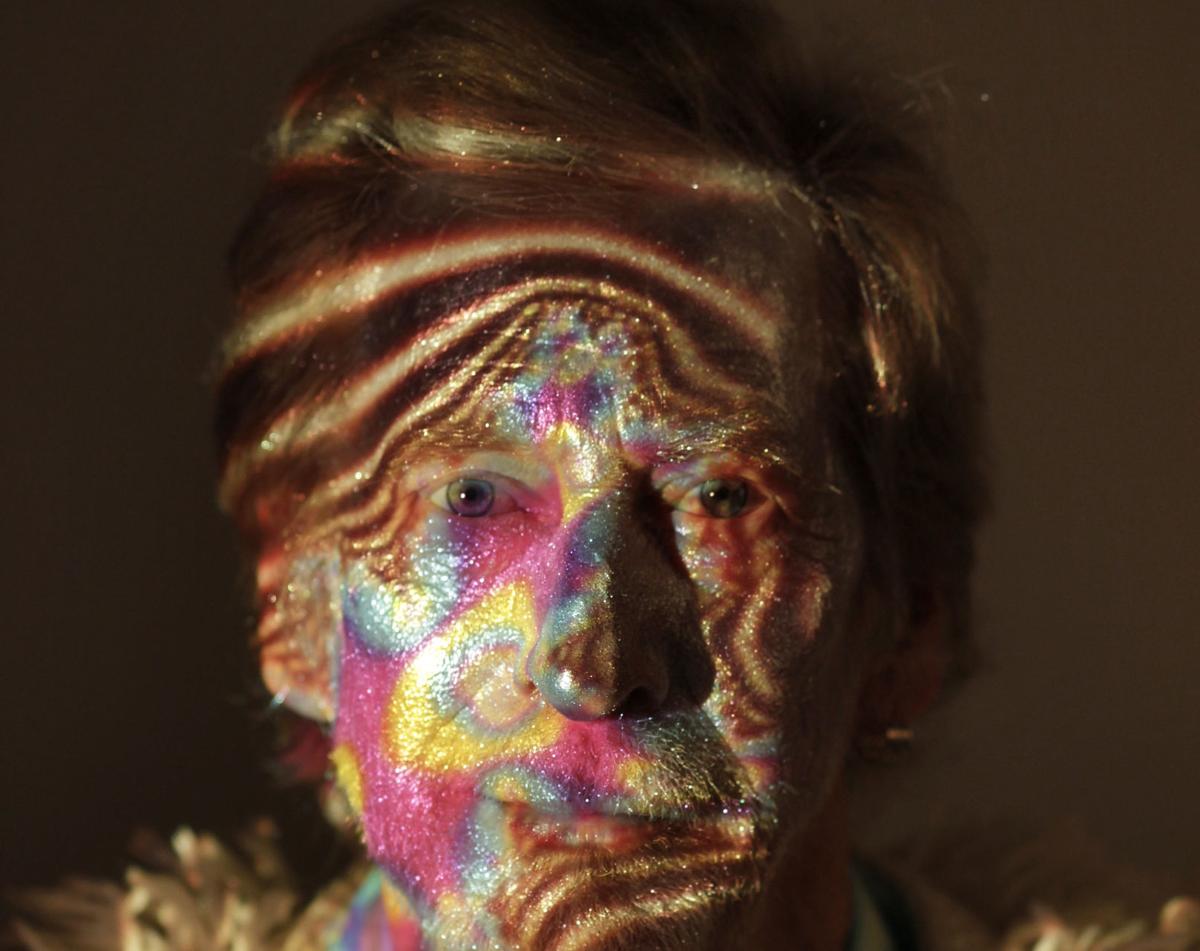
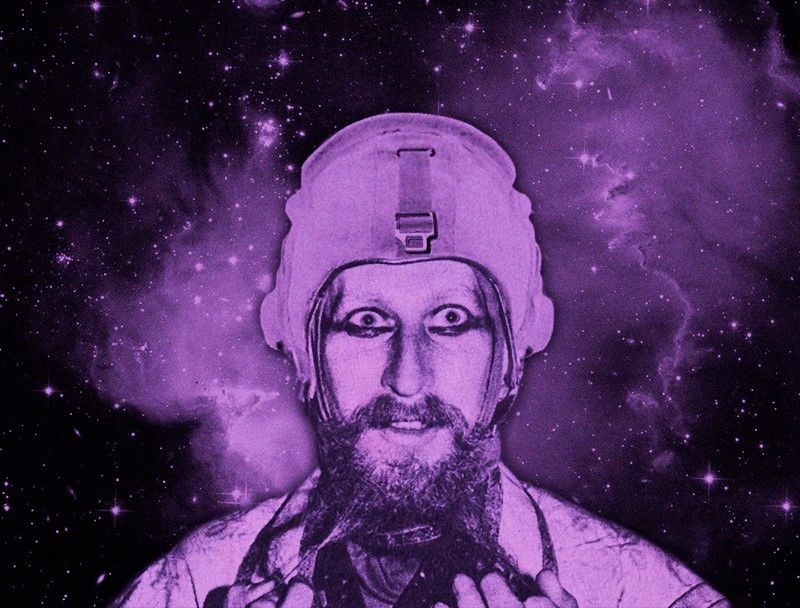
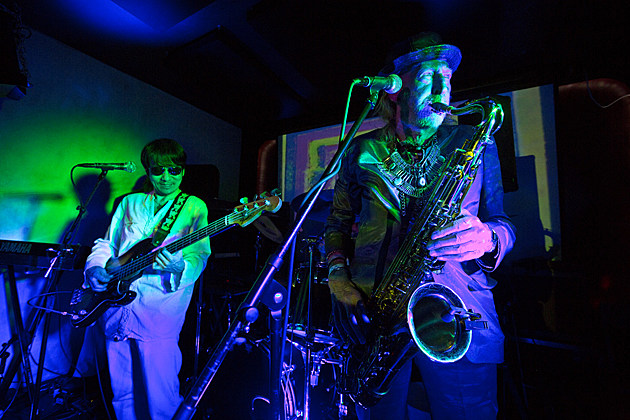
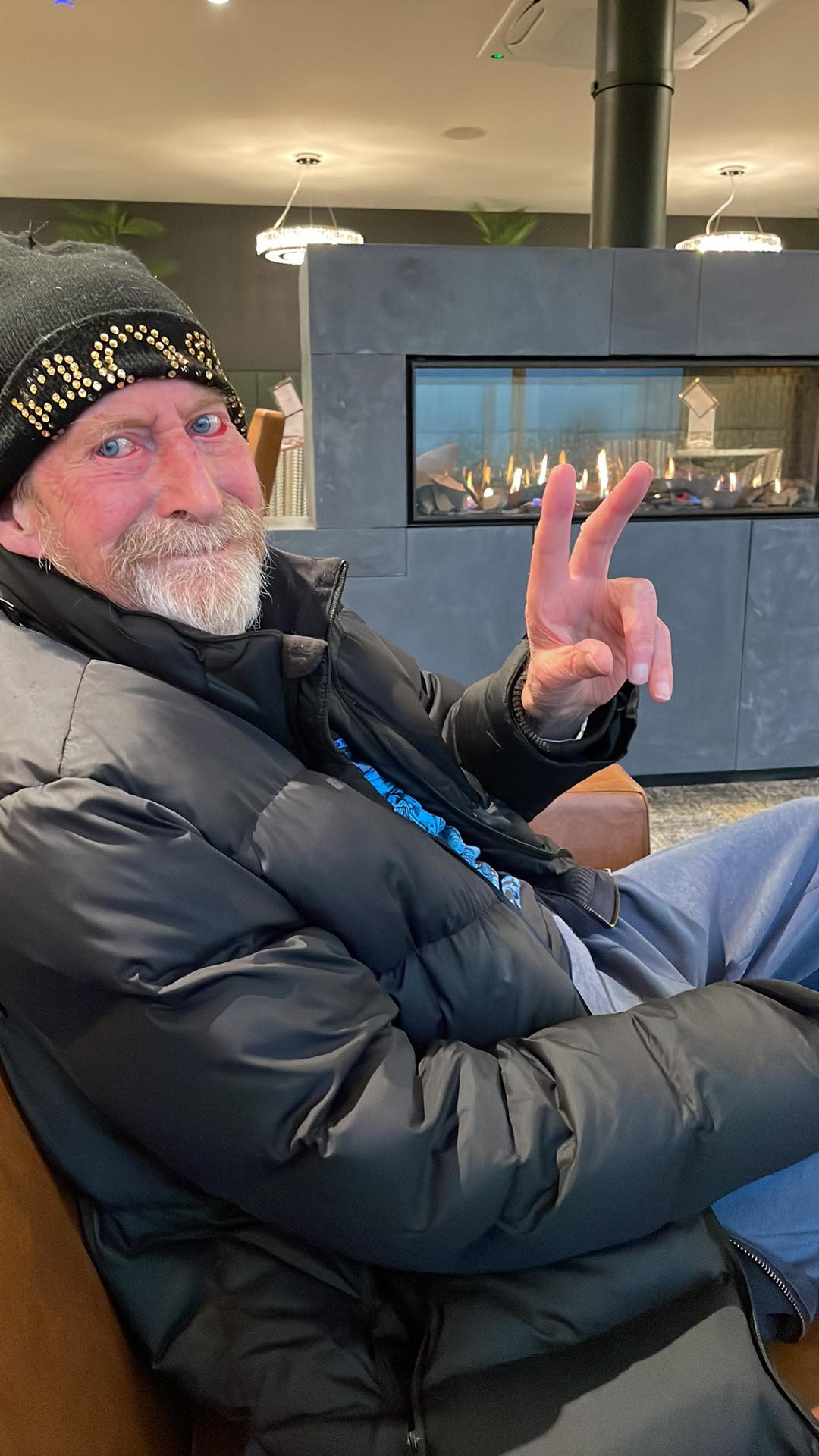
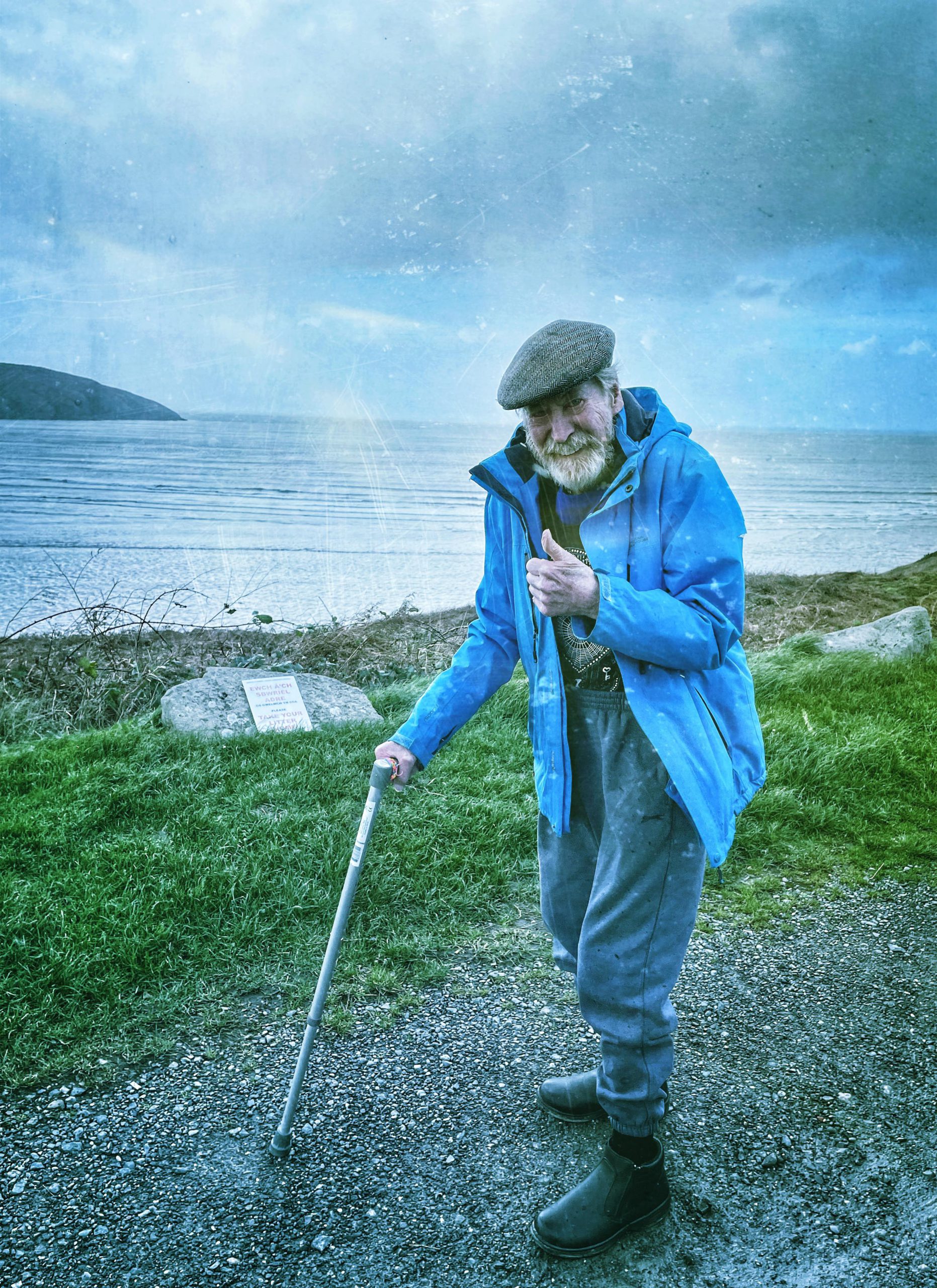

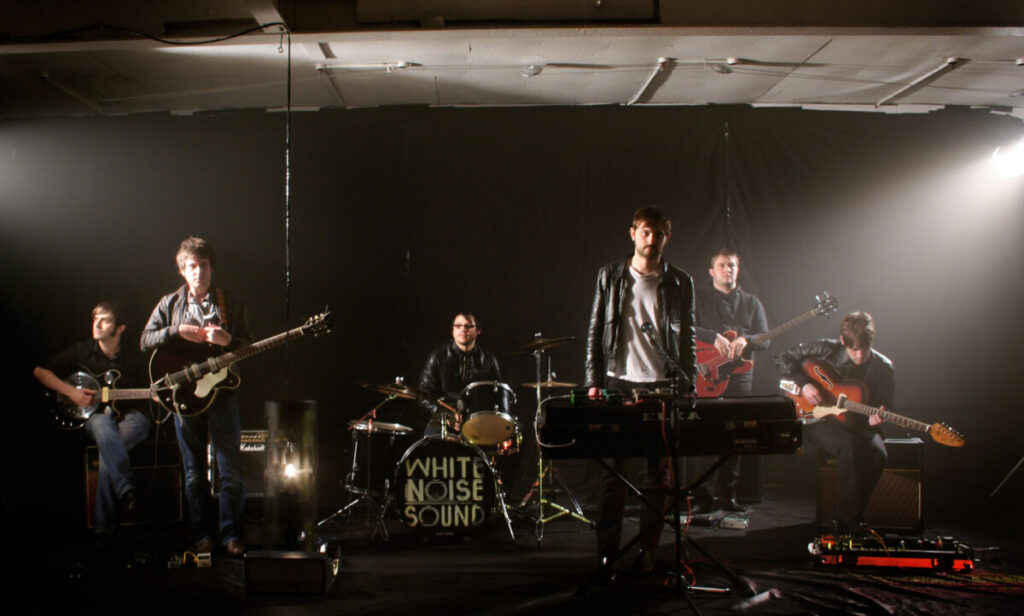
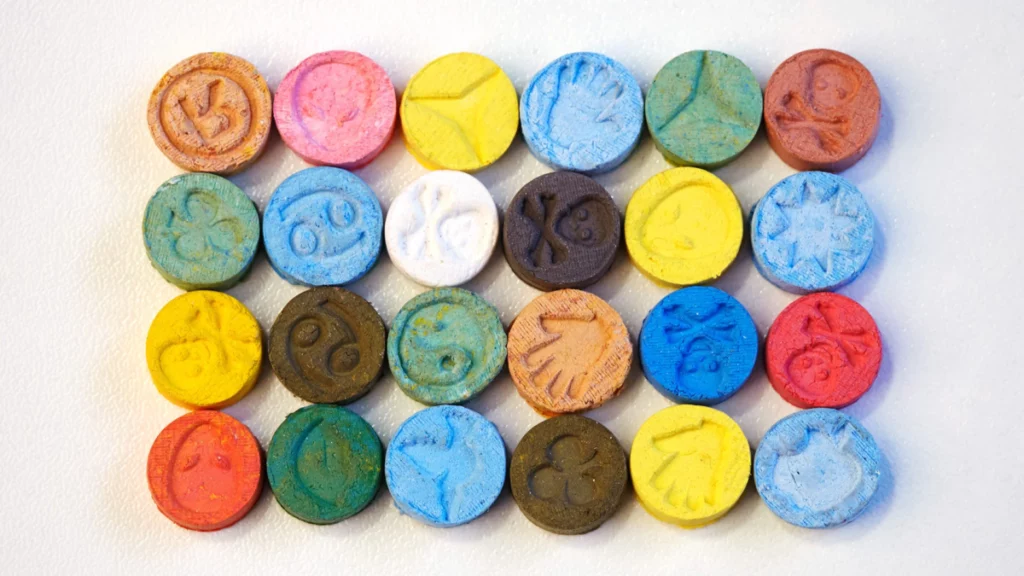

2 thoughts on “Interview: Nik Turner of Hawkwind”
Was this an interview with Nik Turner or an imposter? The title ‘INTERVIEW: NIK TURNER OF HAWKWIND’ is disingenuous as best. Pure *****
This was an interview with Nik Turnr. I’ve posted the video, but the person who facilitated the interview, someone who appeared to be exploiting Turner to promote his own music, loudly objected to the video being posted. Turner was near the end of his life when the interview occurred. In my opinion, the facilitator should not have permitted the interview to happen. Turner was confused and appeared to be suffering from dementia at the time–something I didn’t know when I requested and conducted the interview.